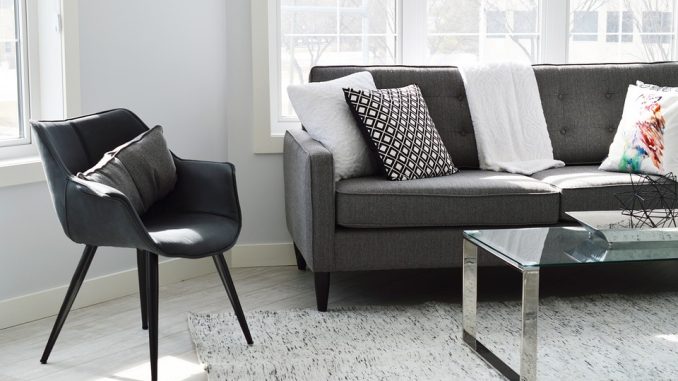
Being a landlord comes with a lot of responsibilities that people typically do not see. While it can be a great way to earn a secondary income, or even to make a living, there are a few aspects of the job that you should be aware of before considering becoming a landlord yourself.
Take a look at the top 4 landlord responsibilities we’ve detailed below to aid you in deciding if you are ready and are up for the task.
Insurance
The insurance that should be held by a landlord, Rented Dwelling Insurance, is often confused with the insurance held by the renter’s living in the home, Tenant’s Insurance. While tenant’s insurance is paid by the renter’s and covers their own personal belongings, it does not cover you as a landlord or your property.
Rented Dwelling Insurance covers you, as a landlord, against loss of rental income, coverage for property damage, as well as personal property coverage. These policies help reduce a lot of the risk involved with running rental properties and should be considered by every one who does so.
Maintenance of the Unit
First and foremost, landlords are responsible for maintaining a safe and livable dwelling for their tenants. This involves ensuring the unit is up to safety codes when it comes to smoke and carbon monoxide detectors, keeping all door and window locks in working condition, ensuring no-one but your tenants have a key to the dwelling, and making sure the basic utilities, such as heat and water, are hooked up and working properly.
Aside from these more general maintenance responsibilities, landlords also are required to respond to any repair requests promptly. As a landlord you need to use common sense and judgment to determine the severity of the repair needed and how soon you should respond, with nothing taking more than a week.
Providing Documents
Landlords are required to provide their tenants with a copy of the signed rental lease agreement in its entirety. Other documents, such as receipts for deposits and rent payments, must also be given to the tenants if they so request. As a landlord you are not allowed to charge fees of any sort for providing these documents to a tenant.
Managing Security Deposits
While as a landlord you will be in possession of the security deposit, and other funds such as prepaid rents or pet deposits, the money is not actually yours. For this reason, there are certain ways in which this money must be handled and stored.
In Alberta, any security deposits received must be into a trust account by the landlord within two days of receiving it. In the trust account, the deposit will earn interest, which then must be paid back to the tenant when they move out.
Landlords must follow specific rules regarded when it acceptable and not acceptable to withhold a tenants security deposit upon their departure.
The Decision Is Yours
As you can see, there is more to being a landlord than simply collecting rent every month and fixing a broken window or two. These are serious responsibilities that are expected of or required by any landlord, and are not to be taken lightly. Only if you believe you can handle these responsibilities should you take on the task of managing a rental property of your own.

Leave a Reply